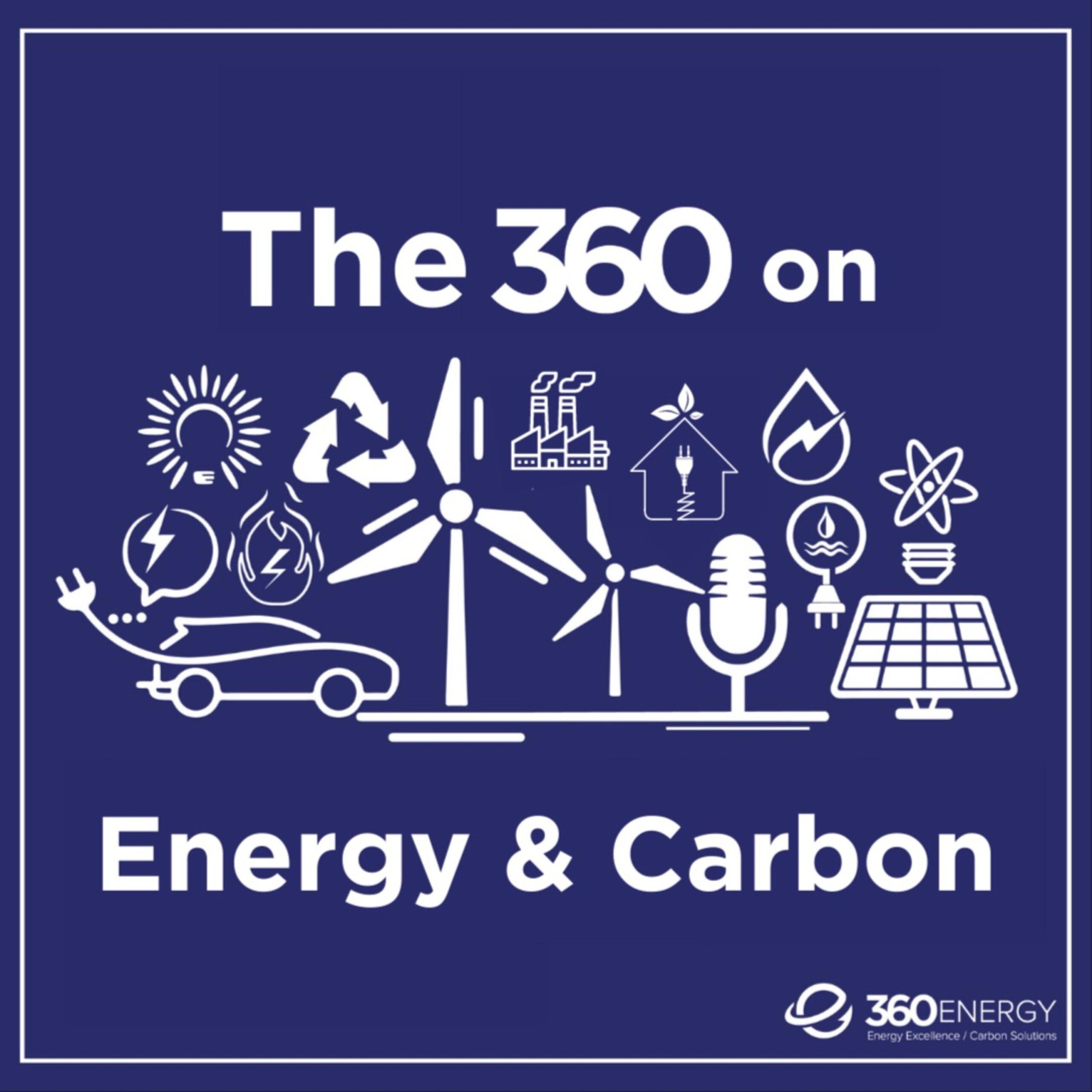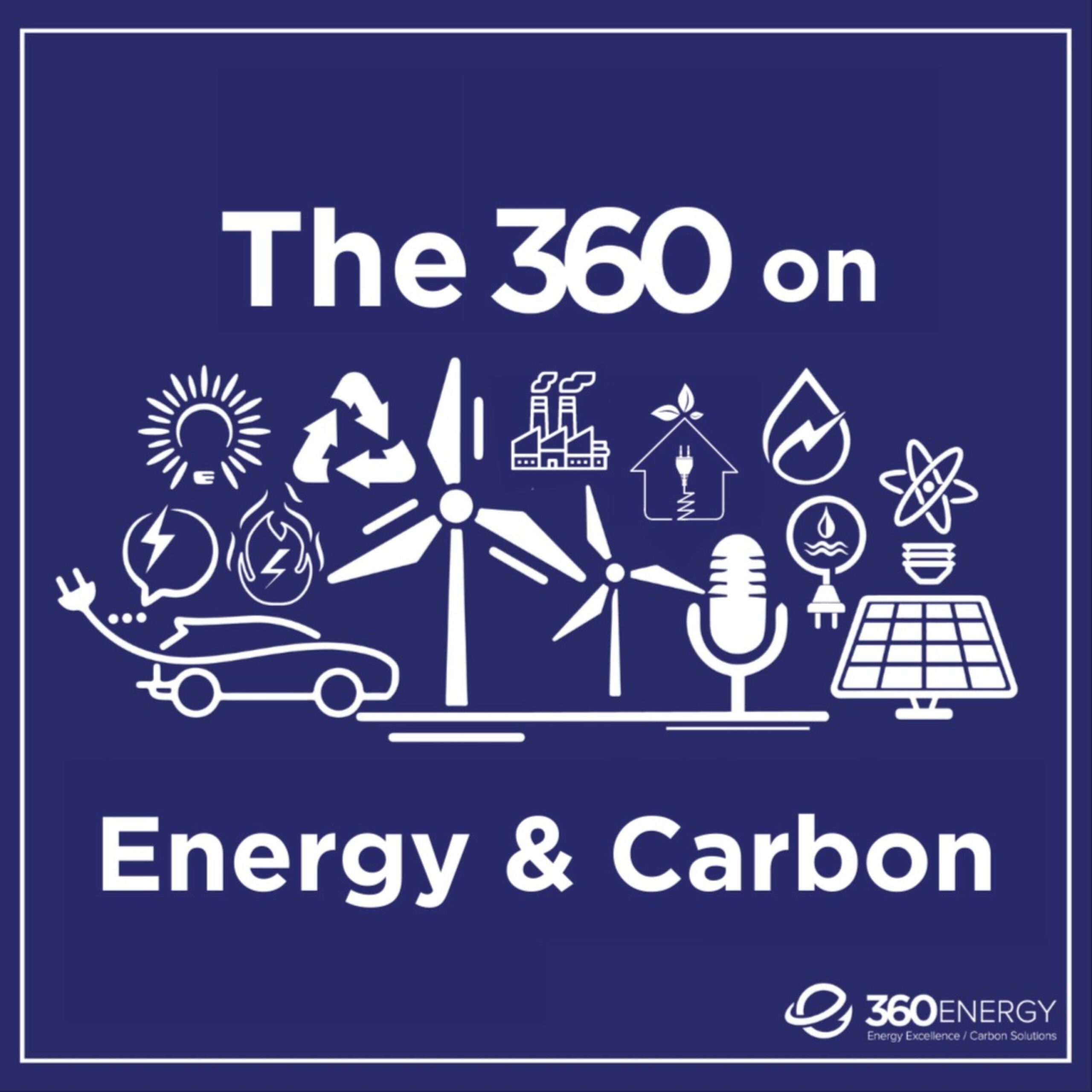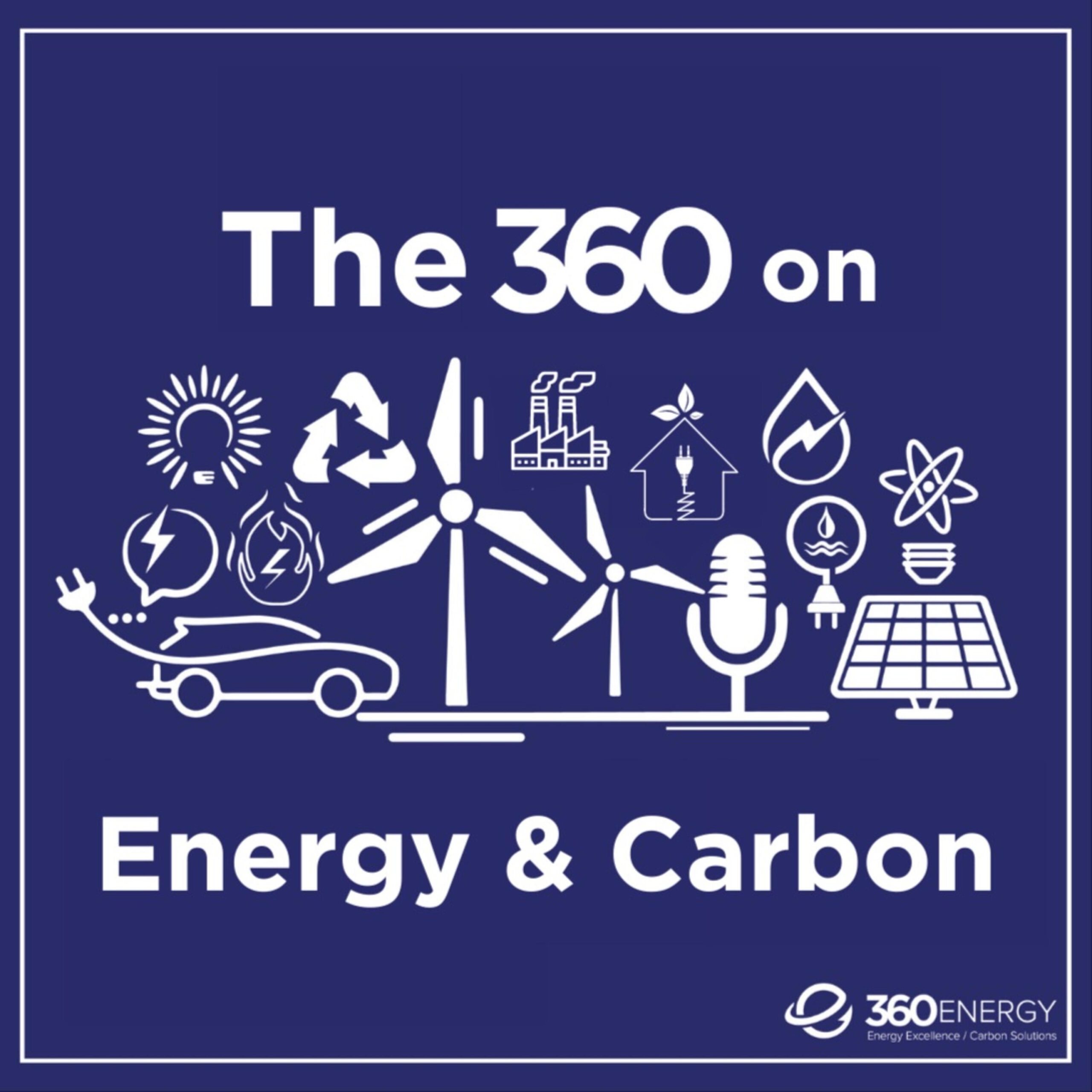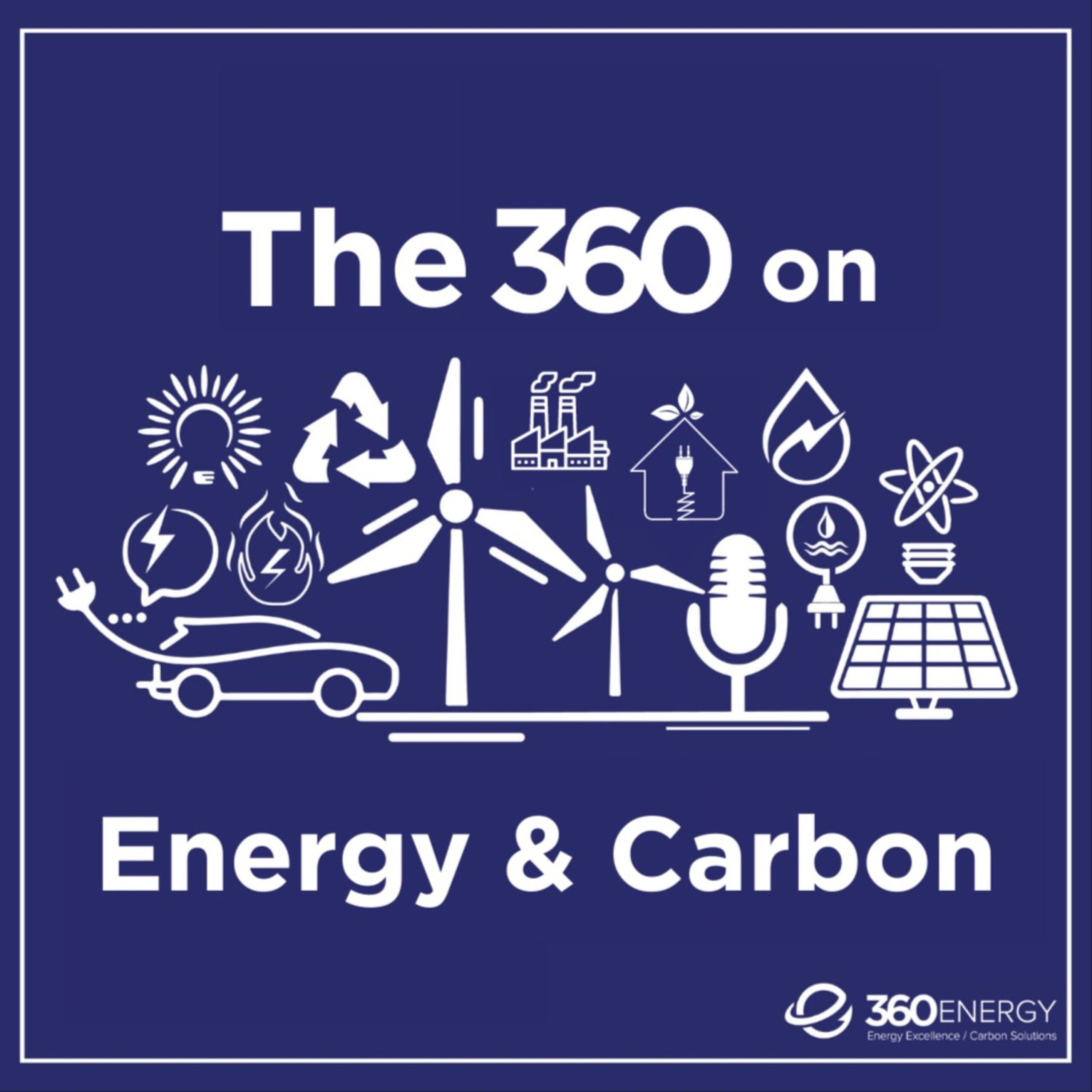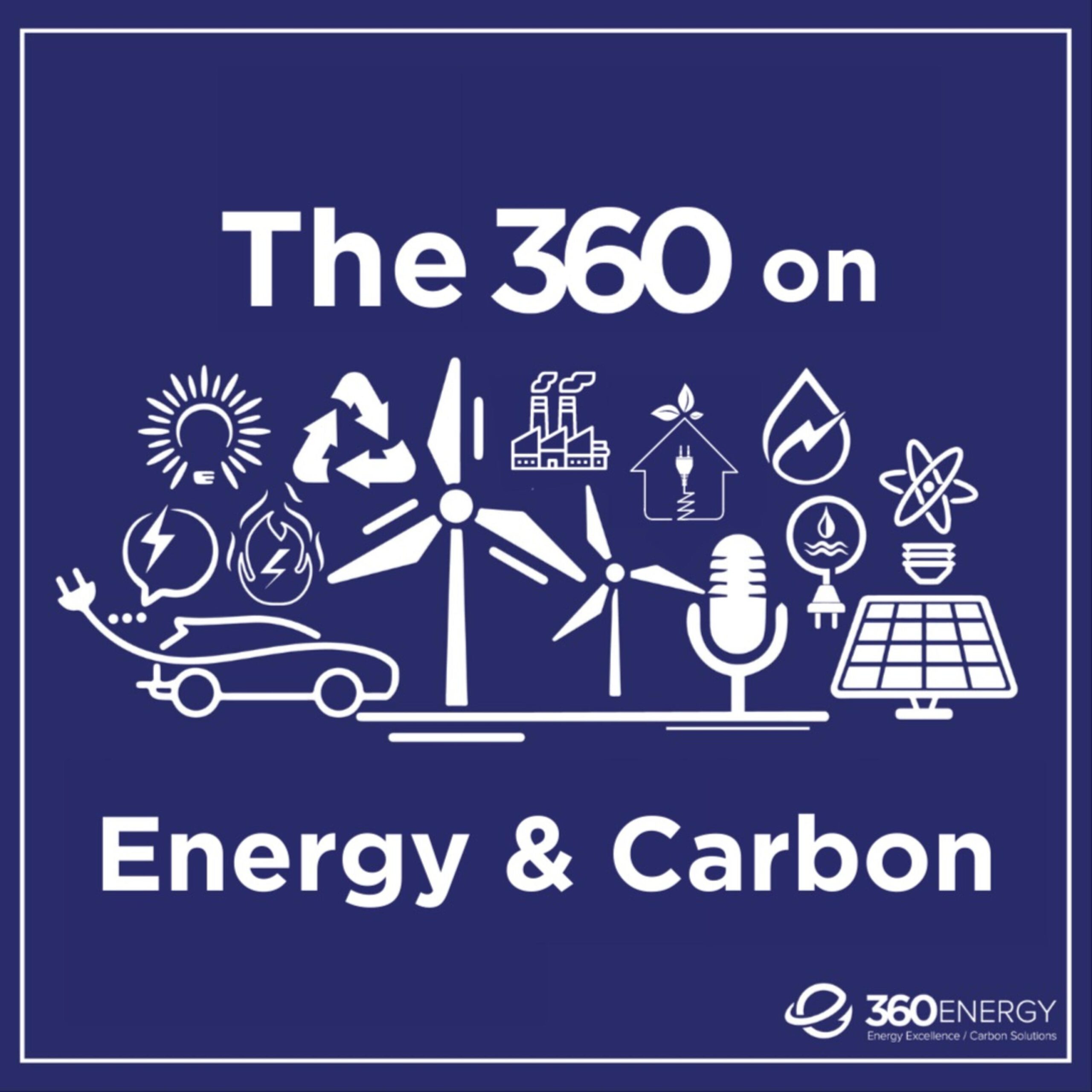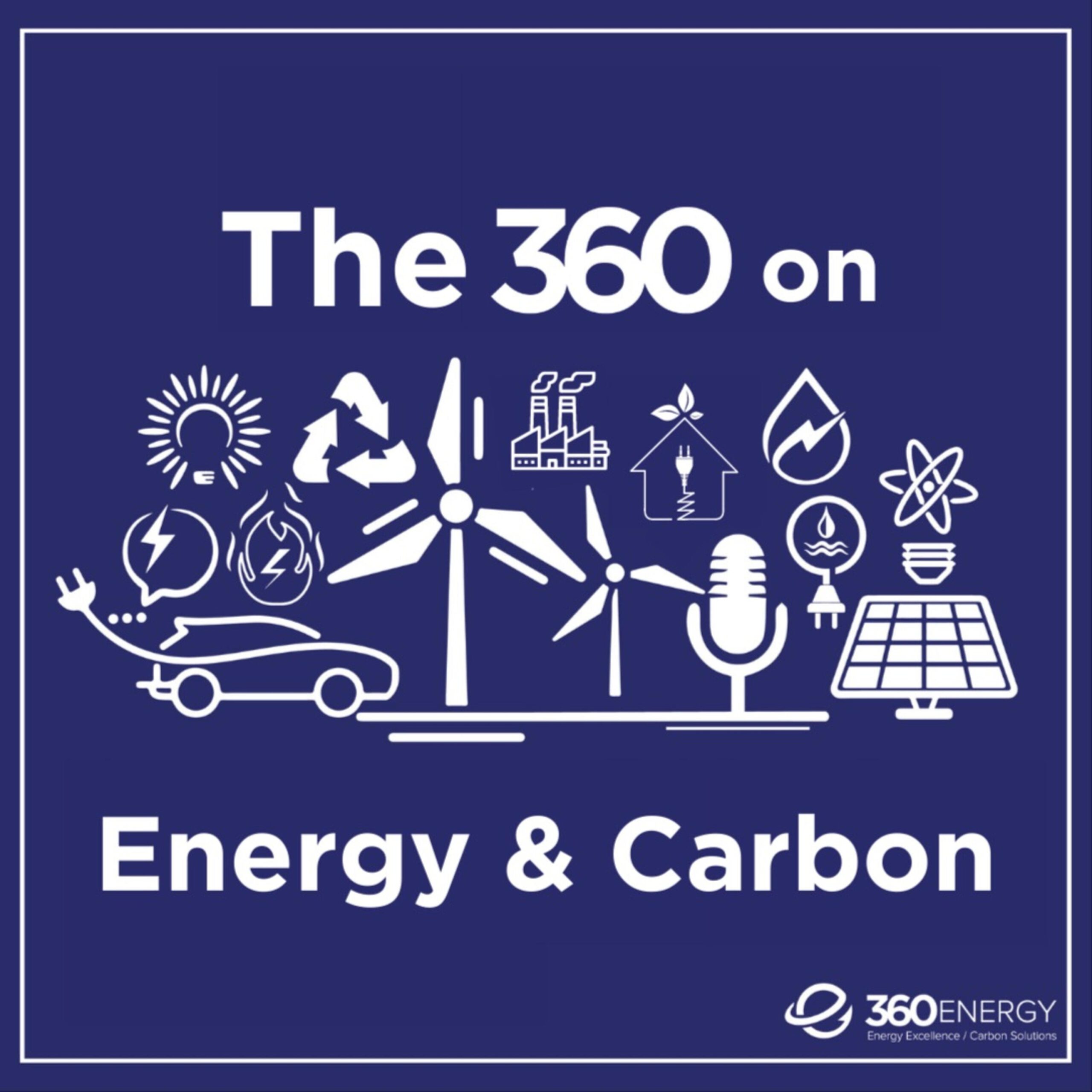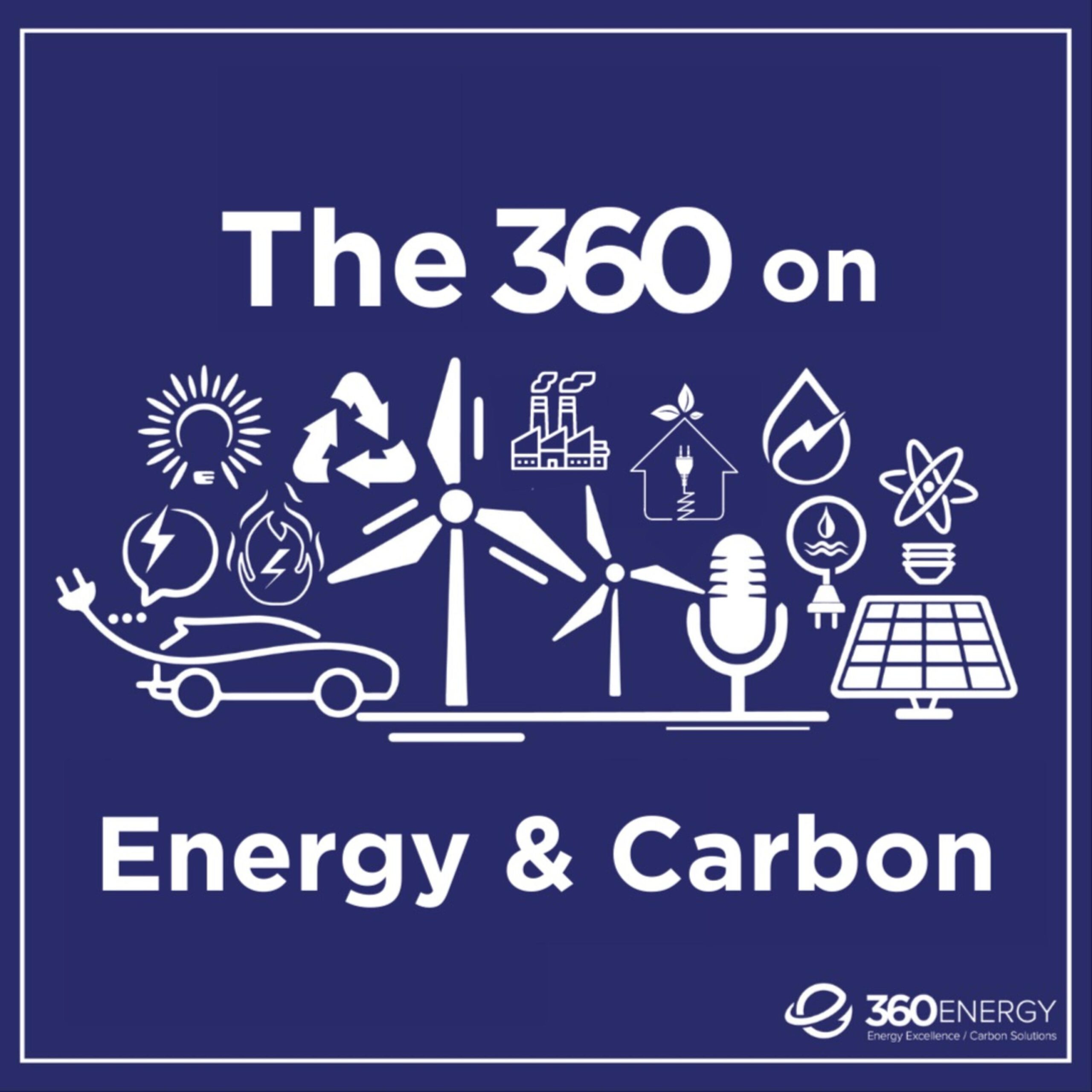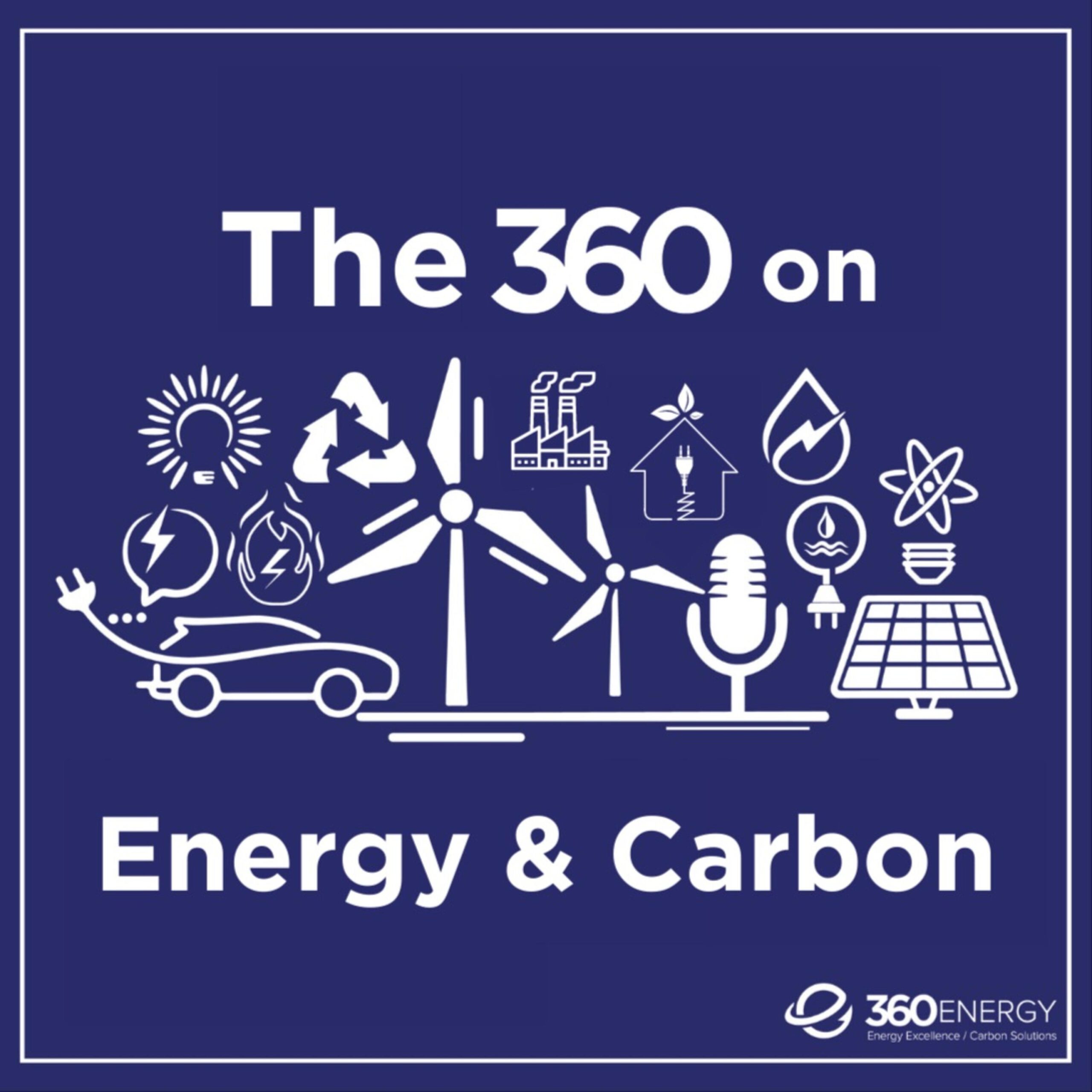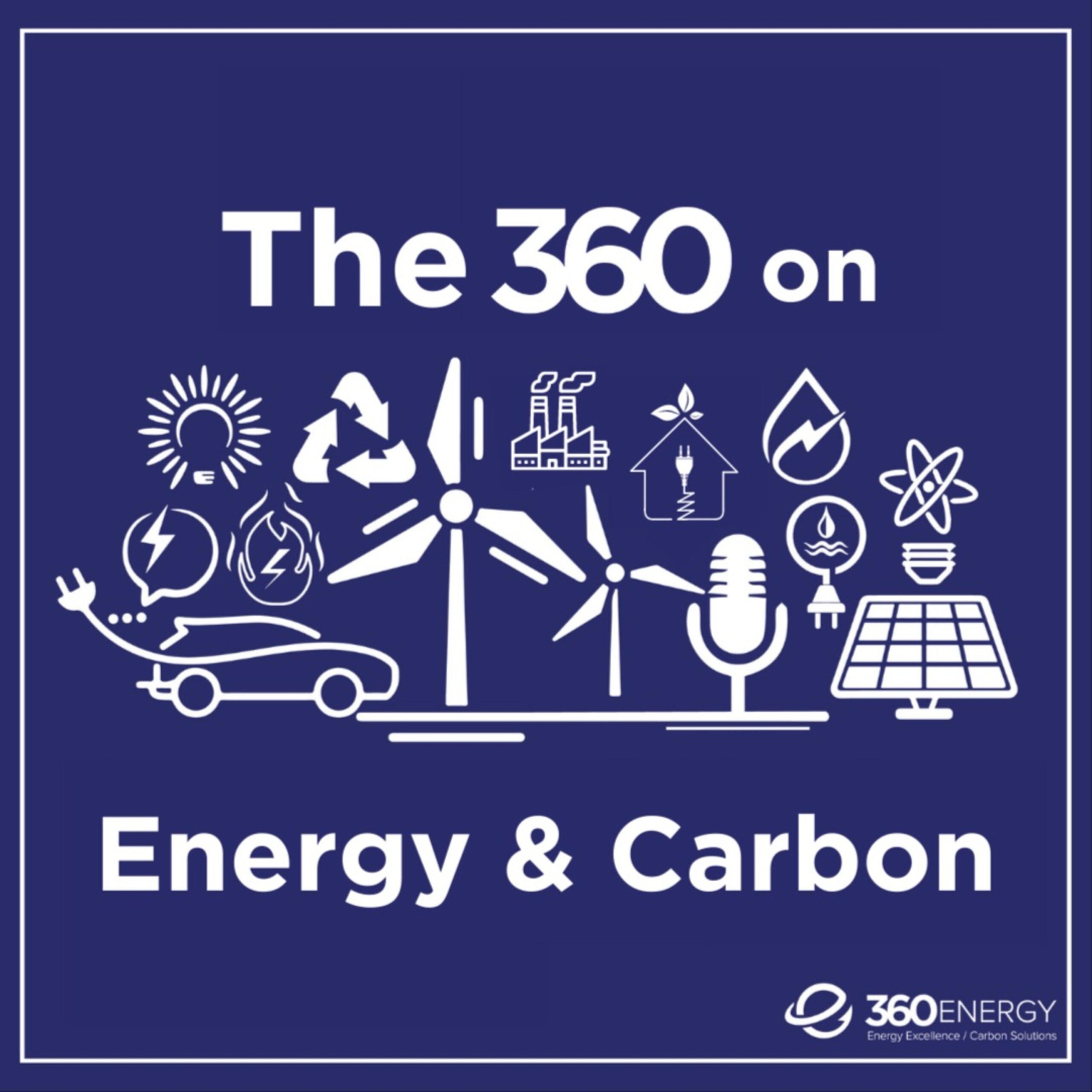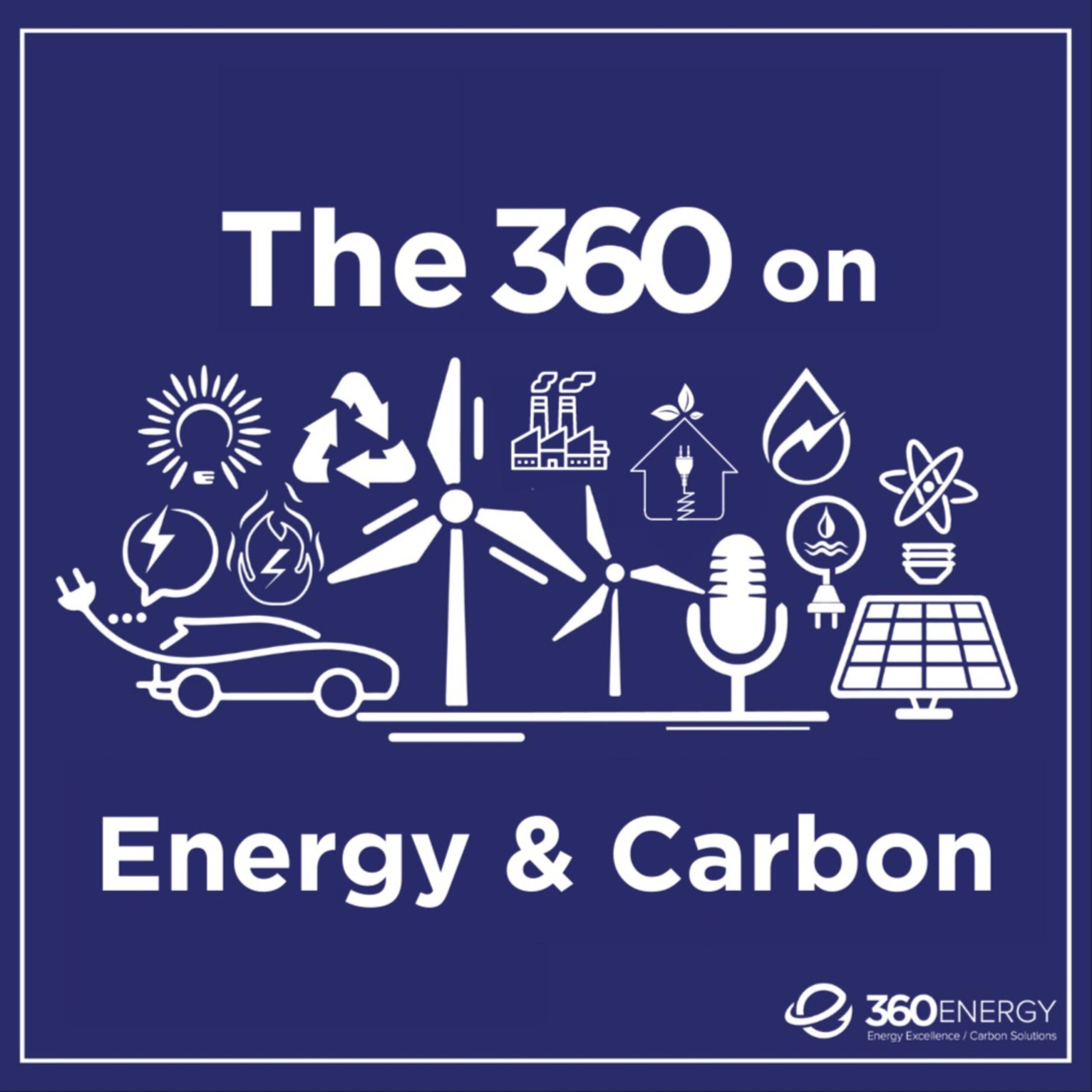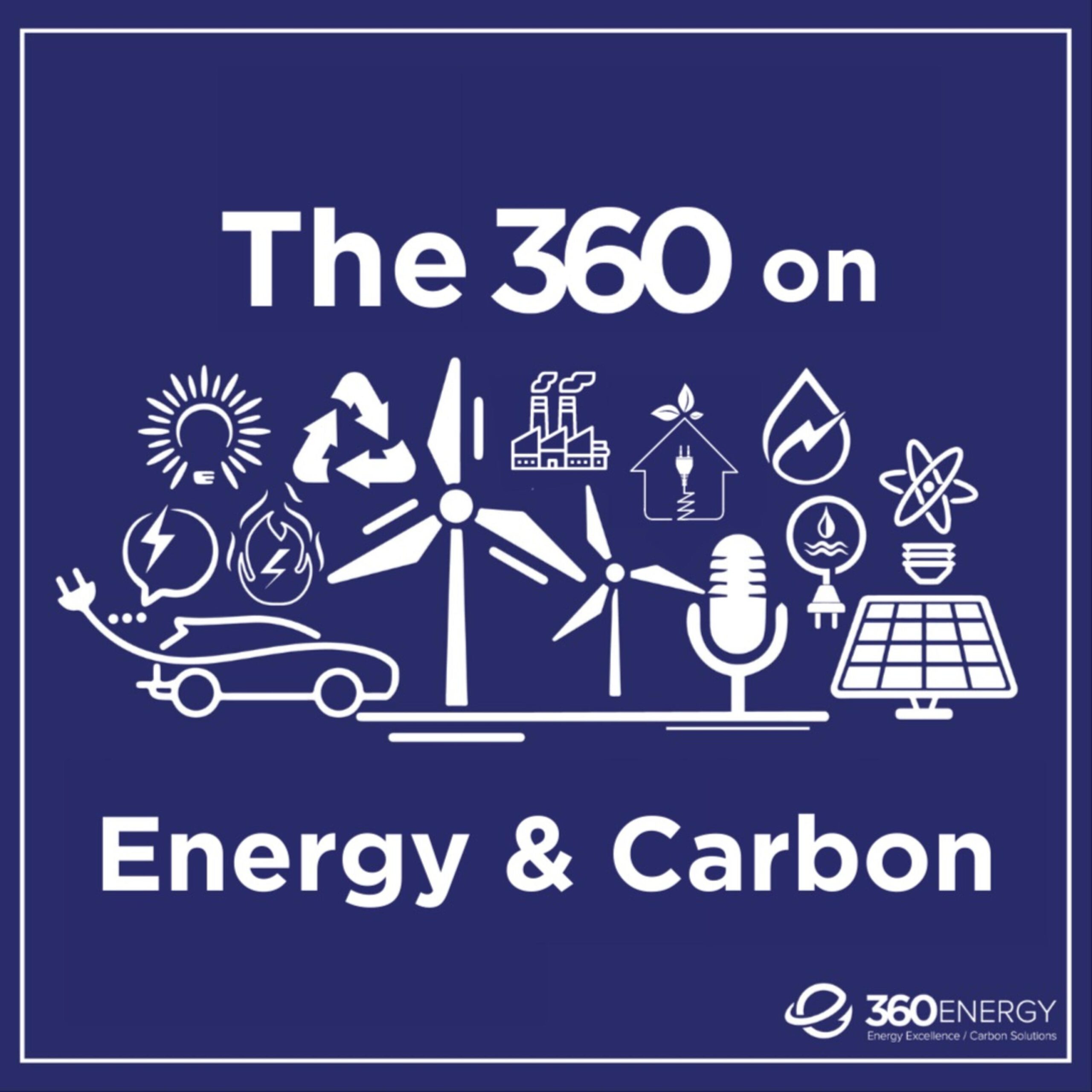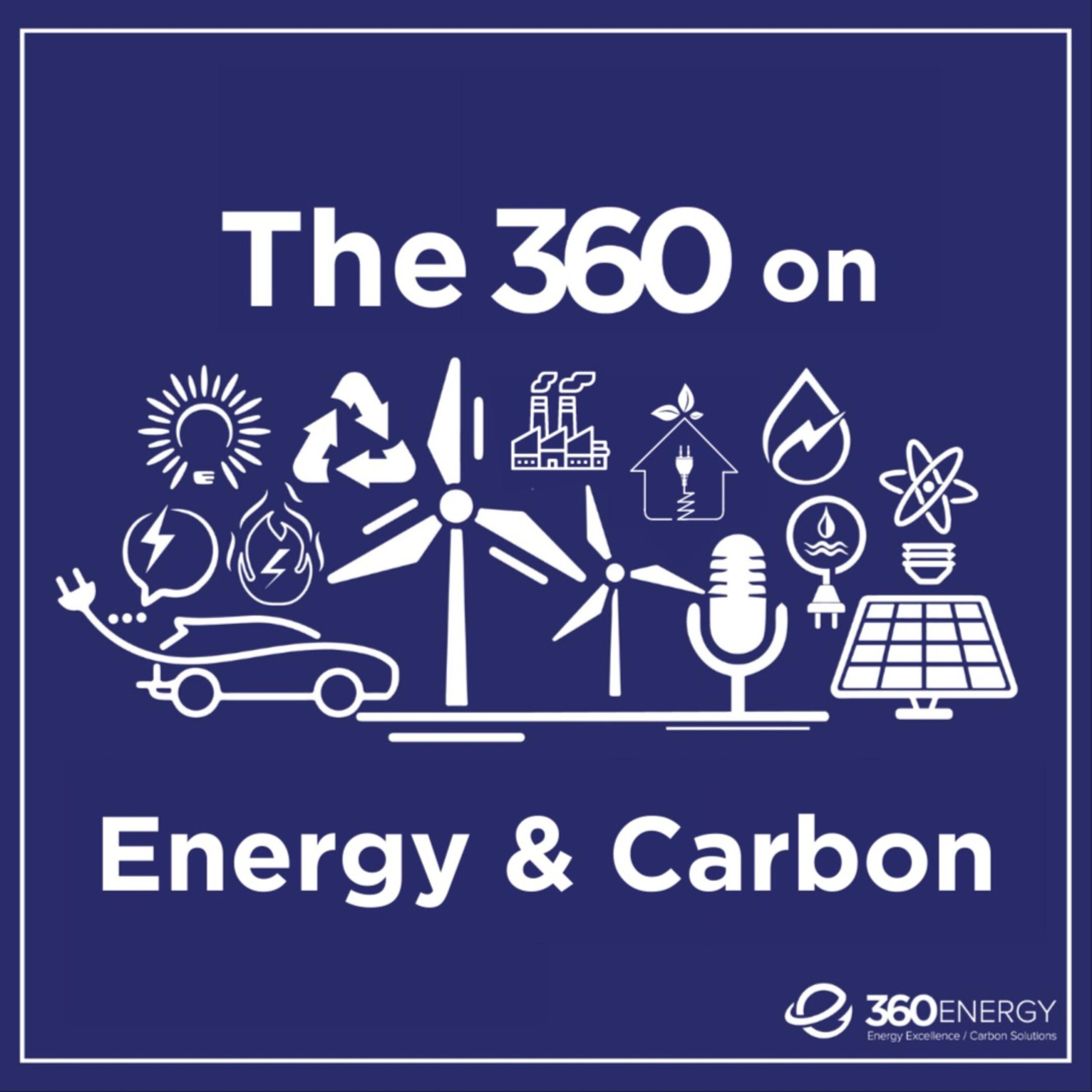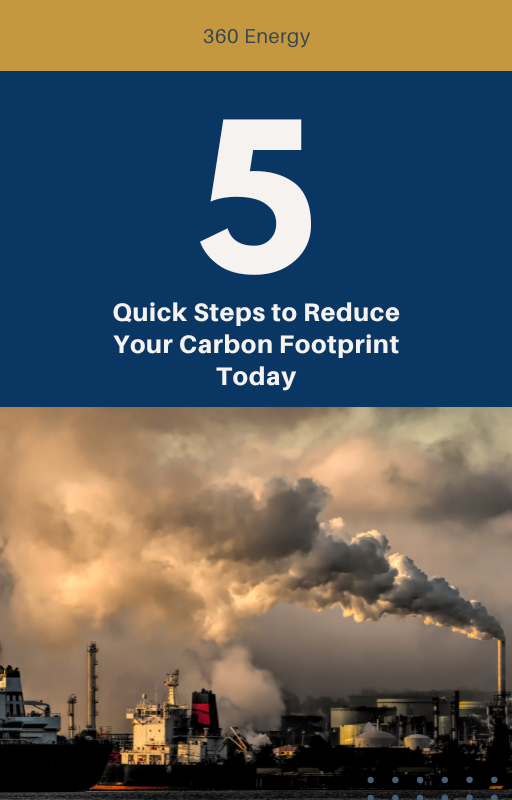Canada’s carbon tax will increase 50% on April 1, 2020. The tax, which applies to emissions from the burning of fossil fuels, will increase from $20/T CO₂ to $30/T CO₂. The impact on natural gas will be to increase the tax from $1.04/GJ to $1.57/GJ.
The carbon tax increase is part of the federal government’s plan to eventually charge $50/T CO₂e for Greenhouse Gas (GHG) emissions by 2022. GHG emissions are contributing to global warming. The federal government is hoping that by making GHG emissions more expensive, Canadians will emit fewer of them.
The Canadian government implemented carbon pricing in 2019. However, the federal tax is applied in provinces that have not implemented their own carbon price.
The national carbon tax backstop has two components:
- A fuel charge applied to fossil fuel distributors that is passed along to end users; and
- An Output-Based Pricing System (OBPS) applied to specific industries. The OBPS is limited to sites within those industries which emit more than 10,000 T CO₂e/year of Greenhouse Gases (GHG).
Further details on how the federal carbon tax works can be found on our website here.
Key events in 2020 will impact fossil fuel users in different ways, depending on which part of Canada they are in.
The Federal Fuel Charge
Consumers in Alberta will be subject to the federal fuel charge effective January 1, 2020. They had previously been exempt from the federal program as a result of Alberta’s Carbon Levy. That levy was discontinued in June 2019. Alberta will experience the carbon tax increase on April 1, alongside the other provinces covered by the federal backstop. Businesses in Alberta should pay attention to the new program rules, as there are differences from the previous provincial carbon levy.
Energy consumers in Ontario should be aware that their natural gas costs could increase even more significantly on April 1. While the national carbon tax came into effect on April 1, 2019, Enbridge was only approved to bill for the new charge effective August 1, 2019. The utility is now looking to bill retroactively for the carbon charge they incurred, but were not able to collect, between April and August.
The Output-Based Pricing System
The Output-Based Pricing System is not changing. However, there are two key milestones for participants:
- Emitters under the program will be required, by June 1, 2020, to provide their first emissions and production report covering the 2019 calendar year; and
- Emitters will be required to pay for any outstanding emissions by December 15, 2020. Each site will be credited with a certain number of allowances based on their industry-specific production (as per the June report). Sites will have to pay for any emissions in excess of their allowances. Sites which emit less than their allowances receive offset credits that can be held for use in future years or sold to other emitters.
Changes are coming to Canada’s carbon tax. For those affected, which include most of us, now is as good a time as any to learn how much energy use is costing. Gaining knowledge is always the first step in a proactive reduction plan.

